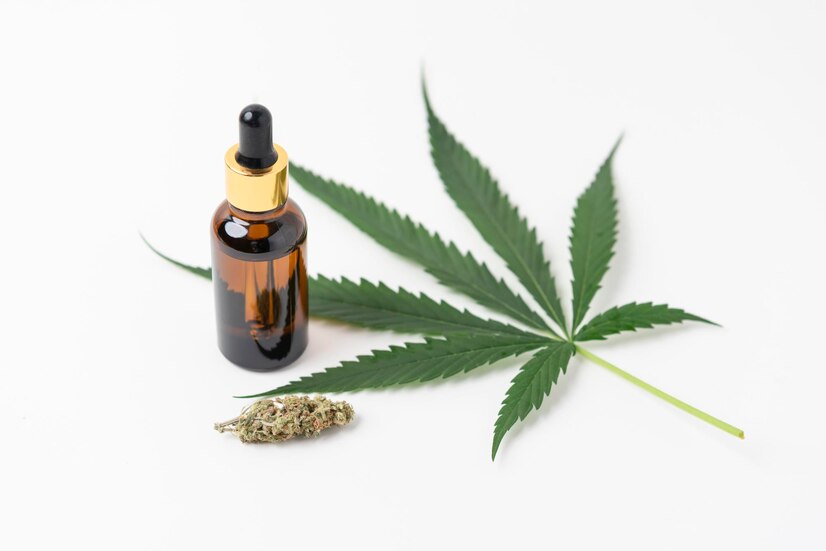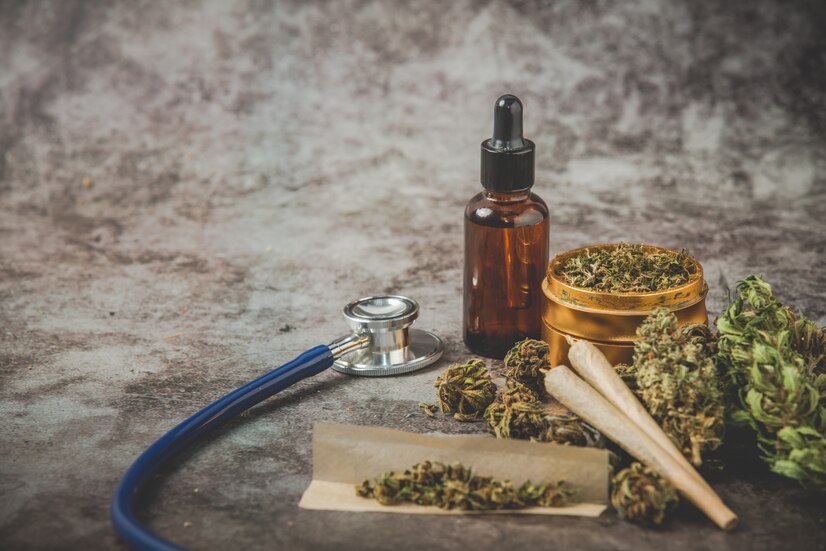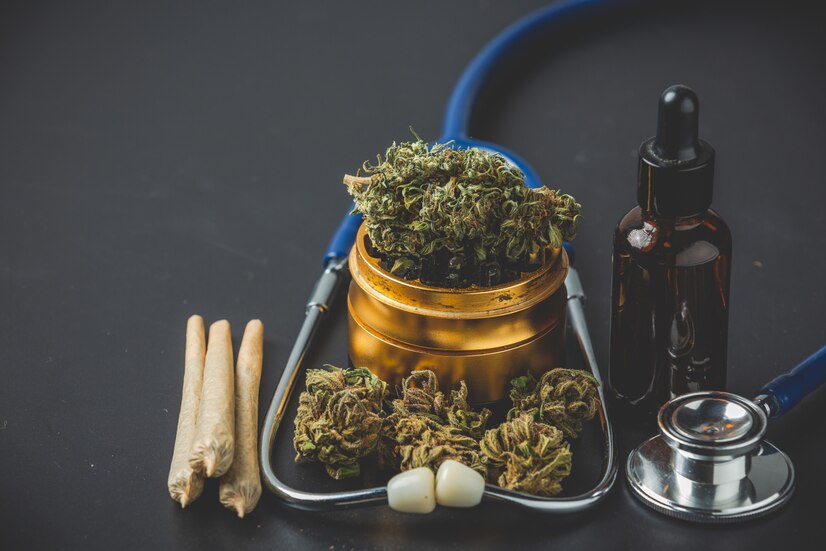Table of contents
The cannabis plant has long been studied and utilized for its therapeutic and recreational properties. As interest in natural wellness and alternative medicine grows, two of the most prominent compounds from cannabis—CBD and THC—have captured global attention. But while they may come from the same plant, CBD and THC have very different effects and benefits.
In this post, we’ll explore the key differences between CBD vs. THC, how each affects the body and mind, and which one might be the better option depending on your personal health goals. Whether you’re new to cannabis or looking to deepen your understanding, this detailed comparison will provide valuable insights.
What Are CBD and THC?

CBD (Cannabidiol) and THC (Tetrahydrocannabinol) are both cannabinoids—natural compounds found in cannabis and hemp plants. They interact with the body’s endocannabinoid system (ECS), which plays a role in regulating mood, pain, appetite, sleep, and immune response.
CBD (Cannabidiol)
- Non-psychoactive: Doesn’t produce a “high”
- Commonly used for wellness, stress relief, anxiety, inflammation, chronic pain, and sleep support
- Derived mainly from hemp, which contains less than 0.3% THC
THC (Tetrahydrocannabinol)
- Psychoactive: Responsible for the “high” feeling
- Often used for pain relief, nausea, sleep issues, and increasing appetite
- Derived from marijuana, which typically contains higher THC levels
CBD vs. THC: Key Differences

1. Psychoactivity
The biggest difference between CBD vs. THC is psychoactivity.
- THC binds directly to CB1 receptors in the brain, creating feelings of euphoria or intoxication.
- CBD, on the other hand, doesn’t directly bind to these receptors, meaning it doesn’t cause a high. Instead, it may actually reduce or balance the psychoactive effects of THC.
2. Legal Status
- CBD derived from hemp is federally legal in the U.S. and many other countries, as long as it contains less than 0.3% THC.
- THC is federally illegal in the U.S. but legal for medical or recreational use in several states. In other countries, THC legality varies widely.
3. Medical Benefits
Both cannabinoids offer health benefits, but their uses differ:
| Condition | CBD | THC |
|---|---|---|
| Anxiety | ✅ Effective, non-intoxicating | ⚠️ May increase anxiety in high doses |
| Chronic Pain | ✅ Anti-inflammatory properties | ✅ Strong pain relief |
| Insomnia | ✅ Helps improve sleep patterns | ✅ Induces drowsiness and deep sleep |
| Appetite | ⚠️ Minimal impact | ✅ Increases hunger |
| Seizures | ✅ FDA-approved for epilepsy (Epidiolex) | ❌ Less research support |
4. Side Effects
- CBD: Generally well tolerated. Possible side effects include dry mouth, fatigue, and digestive discomfort.
- THC: Can cause short-term memory loss, increased heart rate, coordination problems, anxiety, or paranoia—especially in high doses.
5. Drug Testing
- CBD usually won’t cause a positive drug test if THC is not present.
- THC can stay in the body for days or weeks and often triggers positive results in standard drug screenings.
Benefits of CBD
- Reduces anxiety and stress
- Supports restful sleep
- Anti-inflammatory and antioxidant
- Helps with chronic pain and migraines
- Used in epilepsy treatment (FDA-approved)
Benefits of THC
- Eases chronic and neuropathic pain
- Stimulates appetite (great for cancer or HIV patients)
- Helps with nausea and vomiting
- Supports deep sleep
- Reduces muscle spasticity (e.g., in multiple sclerosis)
Choosing Between CBD vs. THC
When deciding between CBD vs. THC, it really comes down to your personal needs, health goals, and local laws. Here are some quick tips:
- Choose CBD if you’re looking for relief without intoxication. It’s ideal for daytime use, work-related stress, general wellness, and treating conditions like anxiety or inflammation.
- Choose THC if you need stronger symptom relief and live in an area where it’s legal. It’s great for evening use, severe pain, appetite issues, or insomnia.
For many, a combination of both may offer the best results—a concept known as the entourage effect, where cannabinoids work together synergistically for enhanced effects.
FAQs: CBD vs. THC
Yes! Using them together may enhance their individual benefits and reduce side effects, thanks to the entourage effect.
No, CBD is non-psychoactive and will not produce a high, even in high doses.
CBD derived from hemp is legal in many countries, including the U.S., provided it contains less than 0.3% THC. Always check local regulations.
THC has stronger psychoactive effects and is often more potent for pain relief, but CBD is better tolerated and safer for long-term use.
Pure CBD should not cause a failed test, but full-spectrum products containing trace THC might. Always choose THC-free (broad-spectrum or isolate) if drug testing is a concern.





